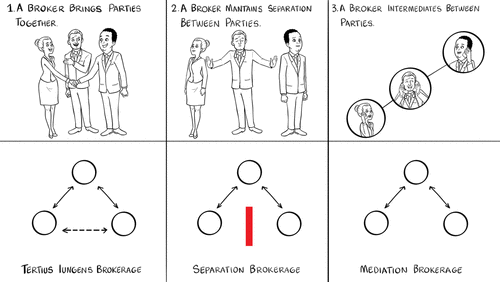
These days when everyone is talking about Chatgpt, I find myself thinking of Pablo Picasso. Computers, he is supposed to have said, are completely useless. They can provide answers, but they cannot come up with questions. That is why, this time, I have chosen to put my thoughts in a question/answer format.
What was China’s original stance vis a vis the Ukrainian war?
In February 2022, just before Russia’s invasion of Ukraine, Chinese Communist Party General Secretary Xi Jinping and Russian President Vladimir Putin proclaimed a “friendship without limits” which would bind their two countries together. One sign of this friendship is the fact that, during the first year of the war, Xi has spoken to Putin four times—but did not speak to Zelensky even once.
What came of it?
There has been some cooperation. But not as much as the above statement might imply. So far the most important form of aid China has given to Russia has been to act as a market for the latter’s exports. Including, besides minerals, oil (both crude and distilled), wood and wood products. Also, apparently, some dual use (military and civilian) technology. Also, political support at the UN, in the rest of the world, etc. Recently US Secretary of State Antony Blinken has raised Beijing’s ire by accusing it of preparing to provide arms to Russia. If the accusations are true, then that would mean a step closer towards direct intervention in the war. But whether they are true, and how extensive and significant the resulting aid would be, remains to be seen.
Why has China submitted a peace plan just now?
Hard to say. One thing is certain: it is not because of Xi’s tender, loving heart. One Chinese objective may be to save as much as possible from the general secretary’s belt and road initiative, which depends on peace in Eurasia and was disrupted by the war. Or simply because China, as a great power, feels it cannot afford not to submit some kind of plan for peace. Just as America did in 1905 (the Russo-Japanese War), 1917 (World War I) and 1974 (the Arab-Israeli War), to mention but a few.
God, Napoleon once said, resides in the details. So what are they?
China’s peace proposal consists of twelve rather general points that can be summed up more or less as follows. First, the need to “create conditions and platforms” for negotiations to resume, a process in which China is prepared to “play a constructive role.” Second, the need to avoid the threat or use of nuclear, biological and chemical weapons. Third, the need for all parties to exercise “rationality and restraint” by respecting international law, avoiding attacks on civilians or civilian facilities as well as women and children. Fourth, China hopes to avoid “expanding military blocs–an apparent reference to NATO–and urges all parties to “avoid fanning the flames and aggravating tensions.”
Why does the West oppose the plan?
First, because it does not trust Putin to carry out any agreement he may sign, especially in regard to withdrawing his forces from Ukraine so as to restore the latter’s territorial integrity. Second, in the case of Europe in particular, because allowing Putin to retain at least some of his conquests would mean the end of the post-1945 world order which was based, if on anything at all, on the non-use of force in order to change borders. Third, in the case of Washington, because it comes too early and would not lead to a decisive loss of Russia’s power.
How likely is it to succeed?
Not very. Not just because the details remain unknown. But because Zelensky insists, in my view correctly, on the Russians withdrawing their forces from every inch of his country before serious negotiations can get under way.
So what does the future look like?
As both sides gird their loins for a long war of attrition, we shall see blood, toil, tears and sweat. Ending, perhaps, in bankruptcy; as happened to Britain in 1945 and as may yet happen to both Russia (should if suffer from more Western sanctions) and the US (as a result of its huge balance of trade and current account deficits, which the current war does nothing to reduce). And the EU? Just type “EU” and “bankruptcy” into your Google, and you’ll get your answer.
And where does China fit into all this?
Tertius gaudens.

